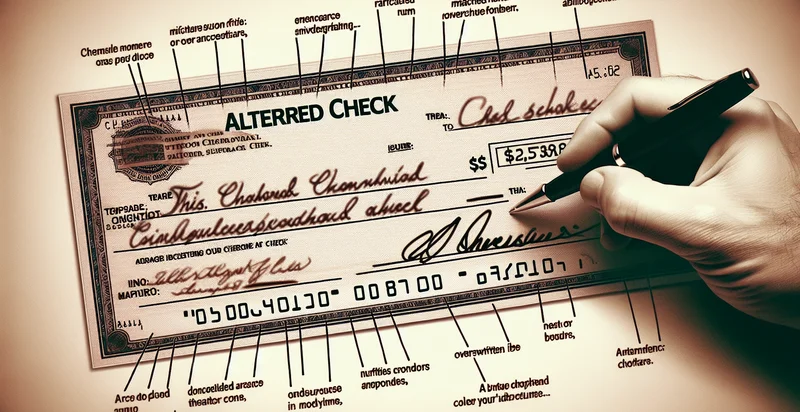Identify if check has restrictions
using AI
Below is a free classifier to identify if check has restrictions. Just upload your image, and our AI will predict if the check has restrictions - in just seconds.

Contact us for API access
Or, use Nyckel to build highly-accurate custom classifiers in just minutes. No PhD required.
Get started
import nyckel
credentials = nyckel.Credentials("YOUR_CLIENT_ID", "YOUR_CLIENT_SECRET")
nyckel.invoke("if-check-has-restrictions", "your_image_url", credentials)
fetch('https://www.nyckel.com/v1/functions/if-check-has-restrictions/invoke', {
method: 'POST',
headers: {
'Authorization': 'Bearer ' + 'YOUR_BEARER_TOKEN',
'Content-Type': 'application/json',
},
body: JSON.stringify(
{"data": "your_image_url"}
)
})
.then(response => response.json())
.then(data => console.log(data));
curl -X POST \
-H "Content-Type: application/json" \
-H "Authorization: Bearer YOUR_BEARER_TOKEN" \
-d '{"data": "your_image_url"}' \
https://www.nyckel.com/v1/functions/if-check-has-restrictions/invoke
How this classifier works
To start, upload your image. Our AI tool will then predict if the check has restrictions.
This pretrained image model uses a Nyckel-created dataset and has 2 labels, including Restricted and Unrestricted.
We'll also show a confidence score (the higher the number, the more confident the AI model is around if the check has restrictions).
Whether you're just curious or building if check has restrictions detection into your application, we hope our classifier proves helpful.
Related Classifiers
Need to identify if check has restrictions at scale?
Get API or Zapier access to this classifier for free. It's perfect for:
- Fraud Detection: This use case involves employing the "if check has restrictions" identifier in financial institutions to detect fraudulent checks. By analyzing checks for restrictions, the system can flag suspicious activities, preventing potential losses and ensuring safety for both the bank and consumers.
- Risk Assessment in Lending: Banks can utilize the identifier to assess the risk associated with providing loans based on the checks presented by applicants. By identifying checks with restrictions, lenders can modify loan offers or seek additional documentation to minimize exposure to risk.
- Automated Compliance Monitoring: Regulatory bodies can implement this function to automate the monitoring of checks against compliance requirements. This ensures that organizations adhere to legal restrictions, reducing the risk of penalties and enhancing operational integrity.
- Payment Processing Optimization: Companies can use the identifier to enhance their payment processing systems by flagging checks that may face delays due to restrictions. This capability allows organizations to streamline their cash flow management and take proactive measures in payment handling.
- Customer Service Improvement: Retailers can leverage the function to improve customer service by preemptively identifying checks that may not be honored due to restrictions. This enables staff to communicate with customers upfront, fostering better relationships and reducing transaction disputes.
- Fraud Prevention in E-commerce: E-commerce platforms can integrate the identifier to prevent fraudulent transactions involving restricted checks. By screening checks before processing orders, platforms can protect themselves and customers from potential financial losses.
- Merchant Risk Analysis: Payment processors can utilize the identifier to analyze the risk levels associated with merchants who frequently accept checks with restrictions. This can help in developing tailored support systems or interventions to mitigate potential operational risks linked to these merchants.


